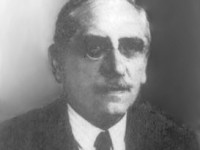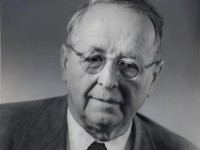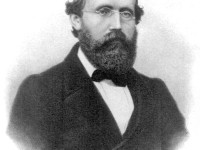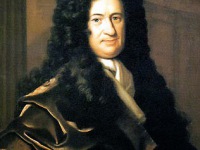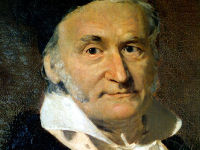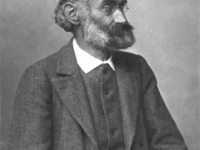Henri Léon Lebesgue and the Theory of Integration
On June 28, 1875, French mathematician Henri Léon Lebesgue was born. He is best known for his theory of integration, which was a generalization of the 17th century concept of integration, i.e. summing the area between an axis and the curve of a function defined for that axis. By extending the work of Camille Jordan and Émile Borel on the Riemann integral, Lebesgue provided a generalization that solved many of the difficulties…
Read more

